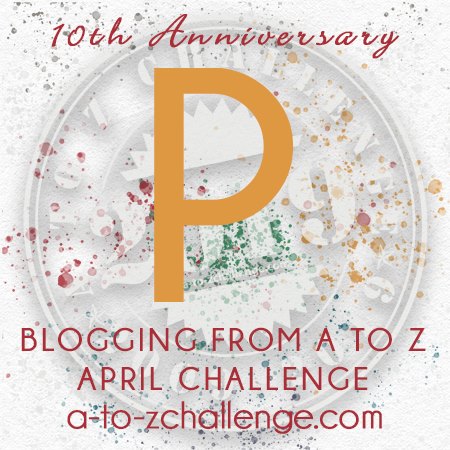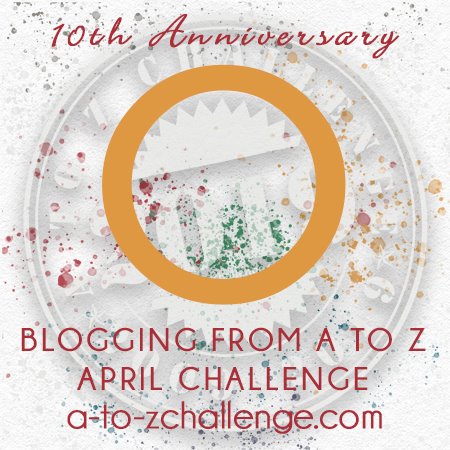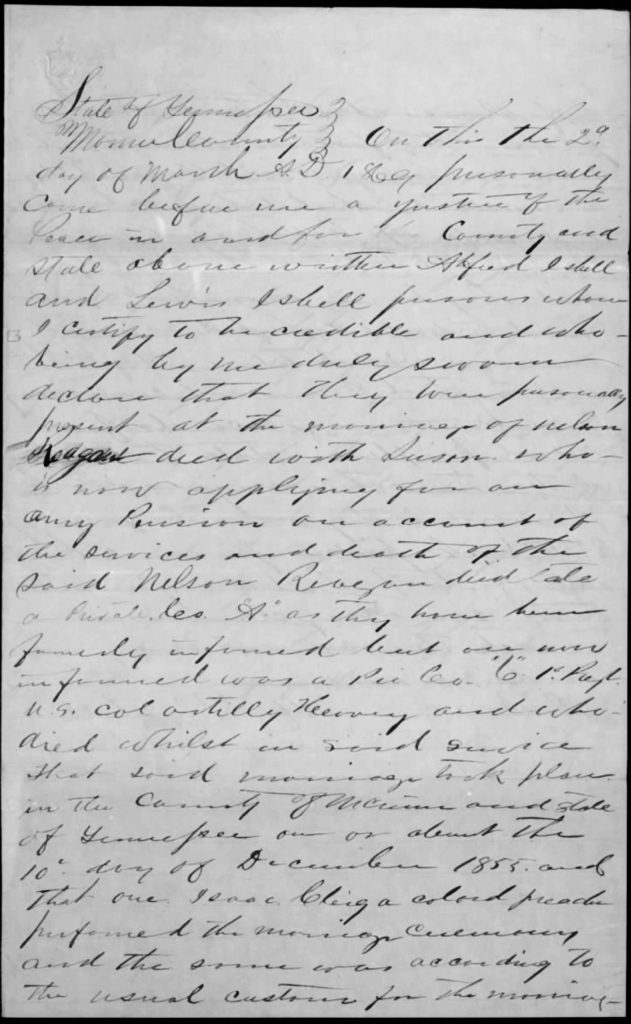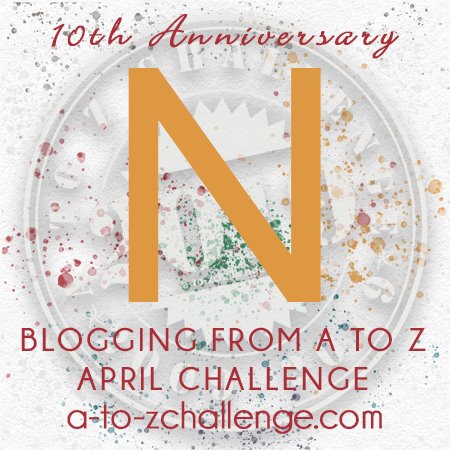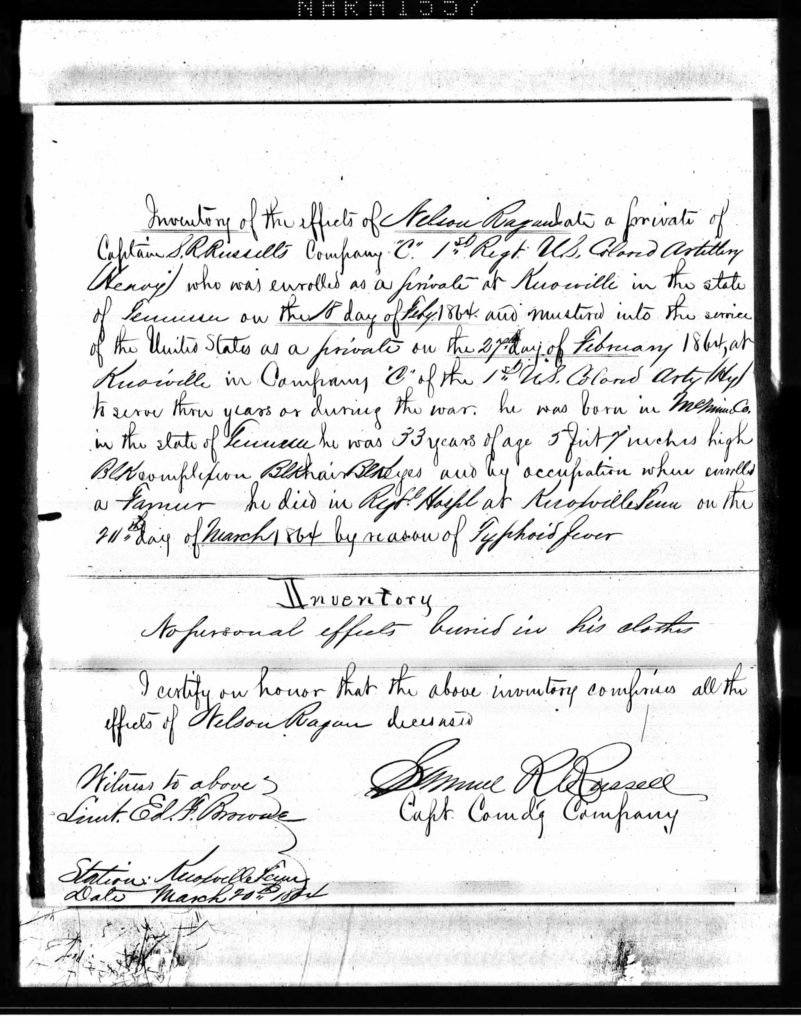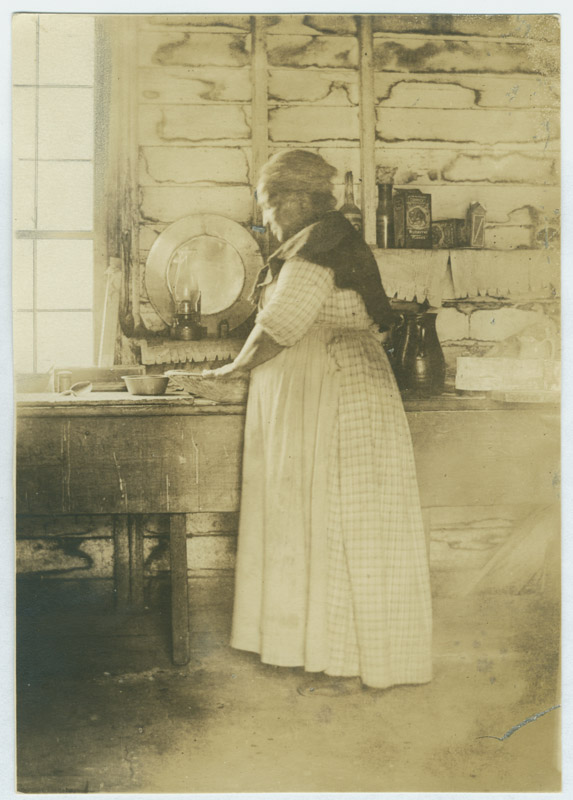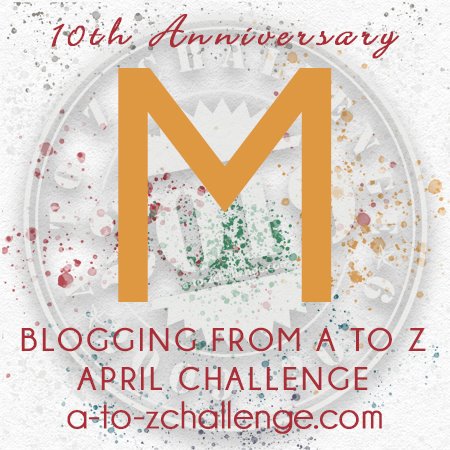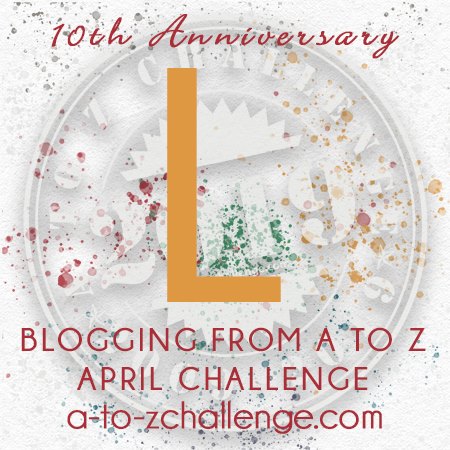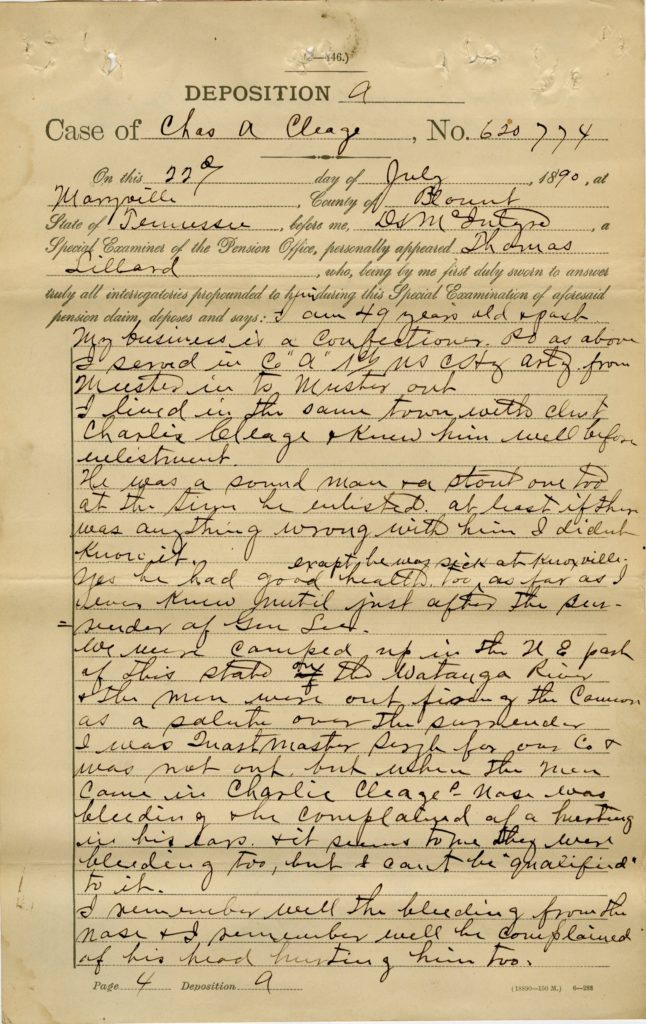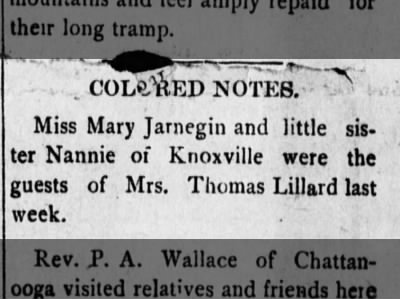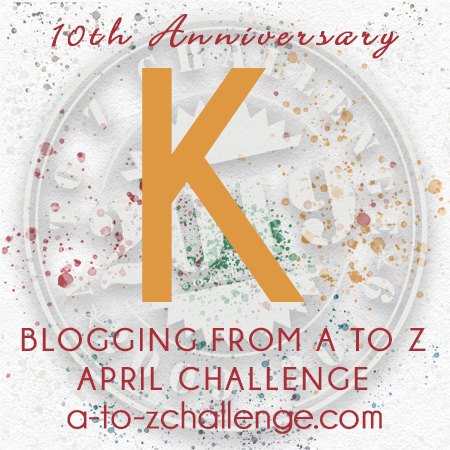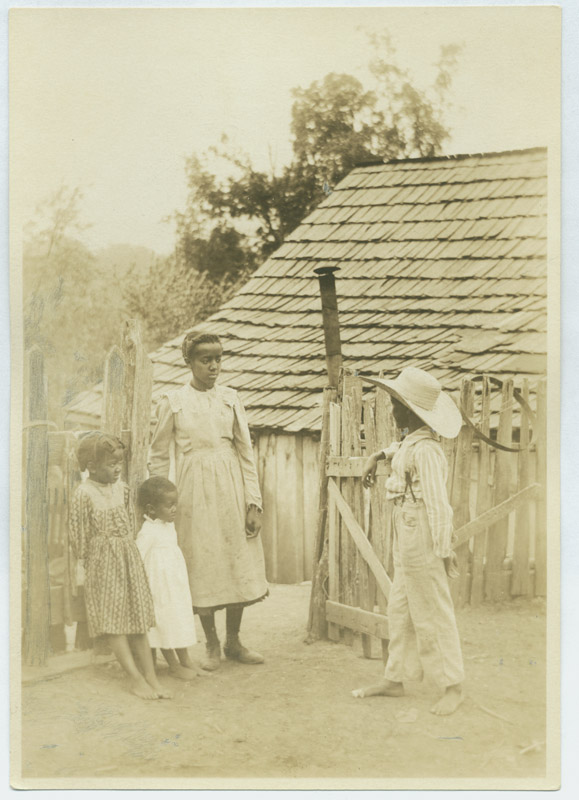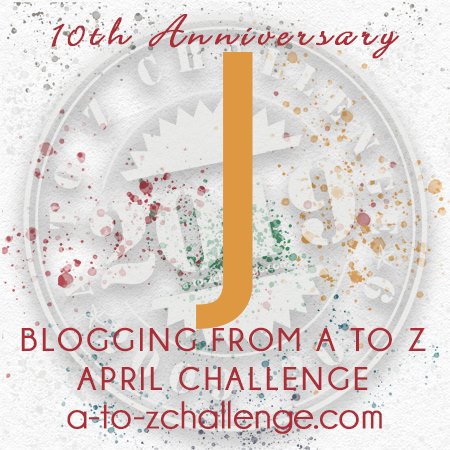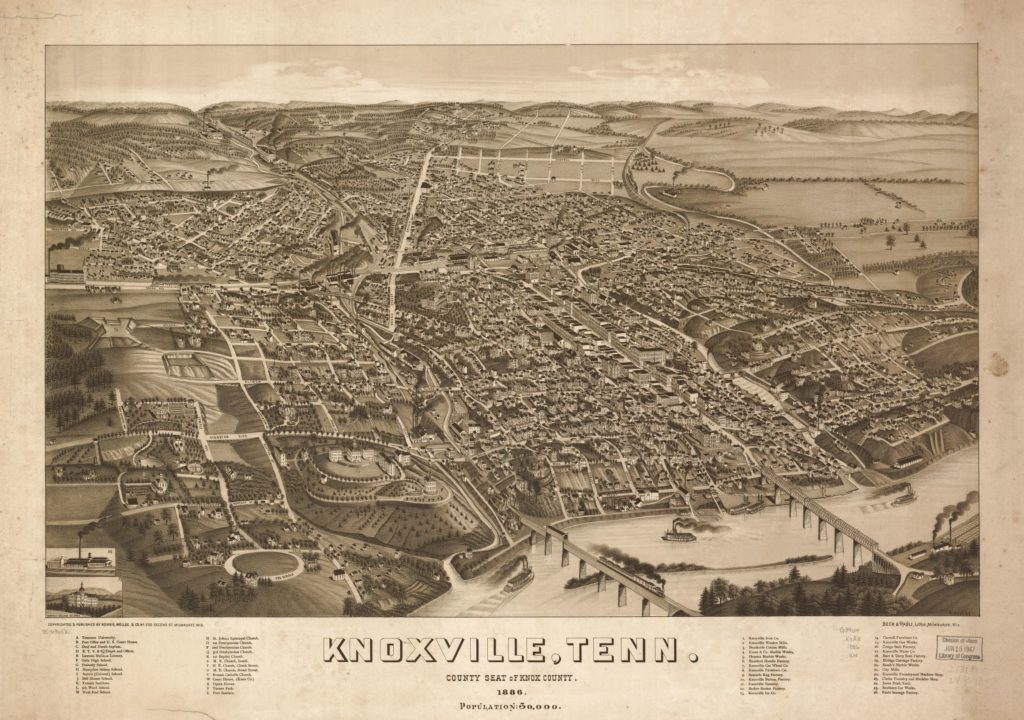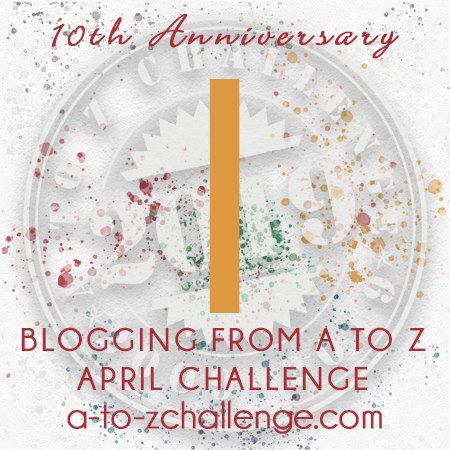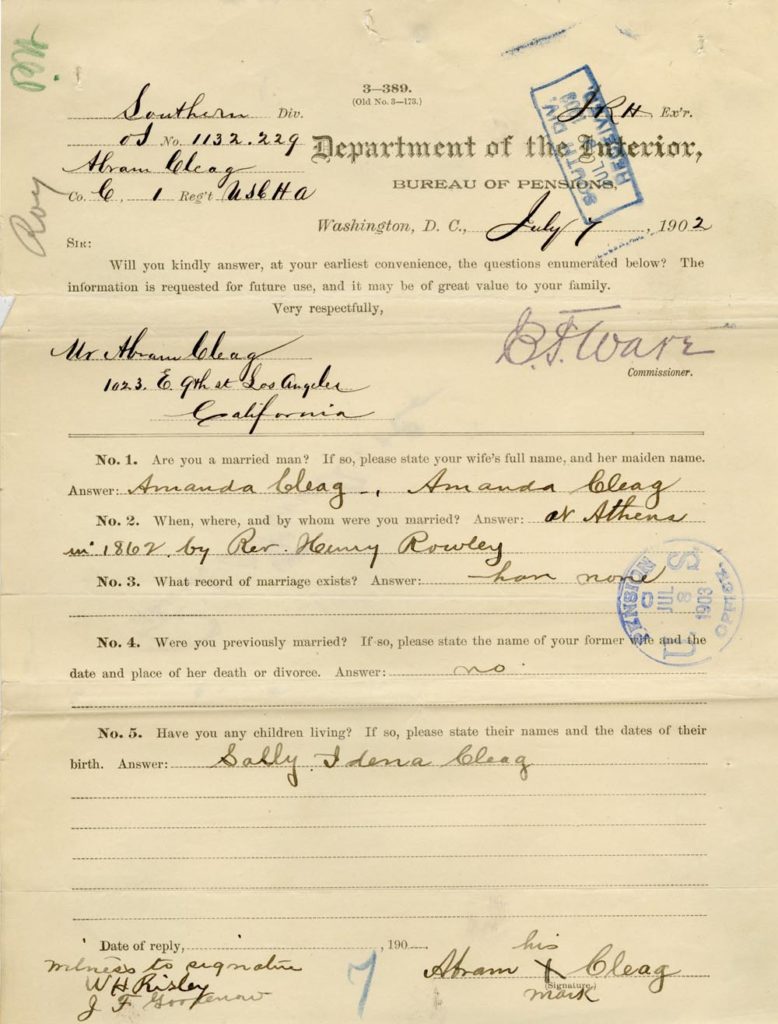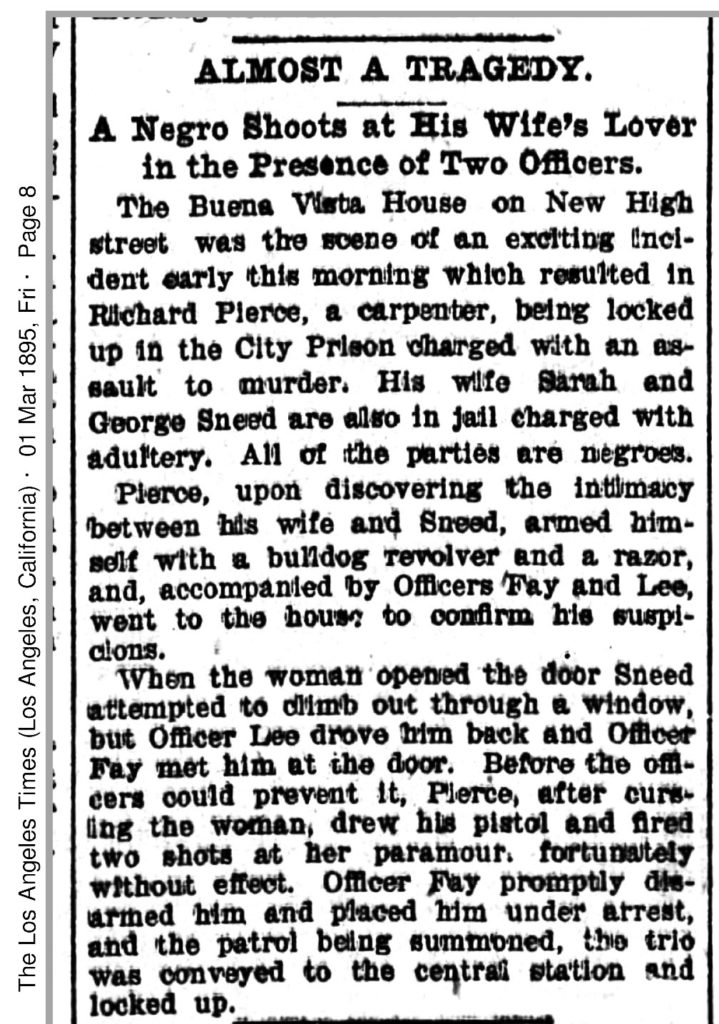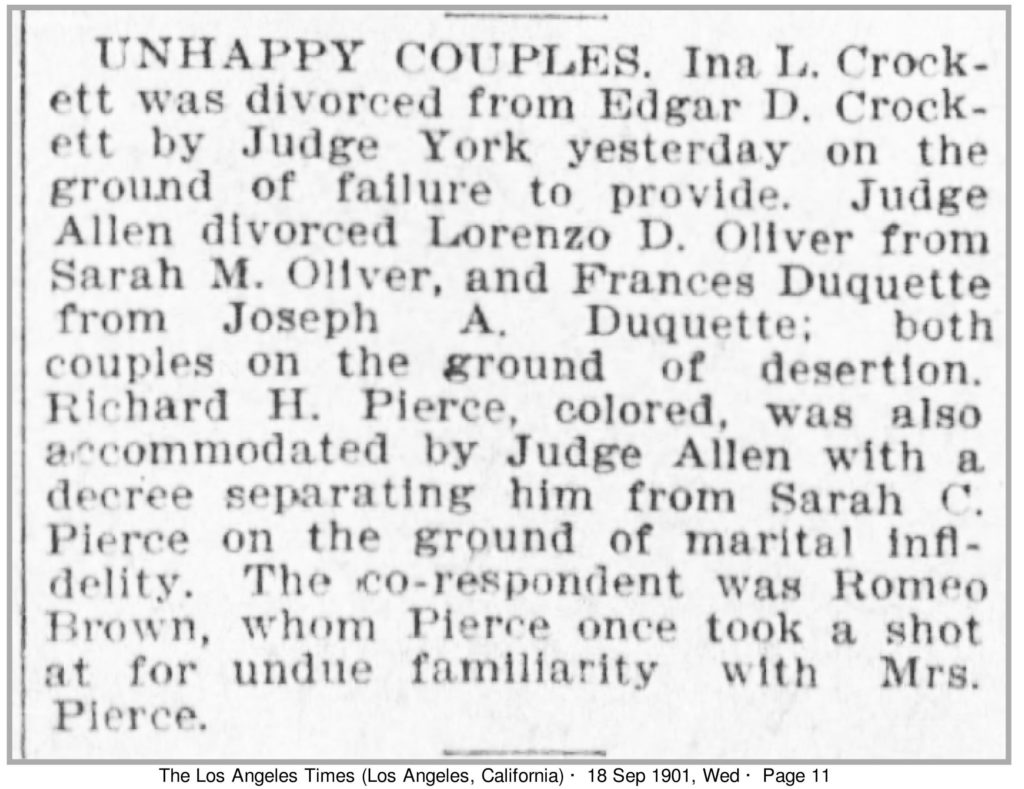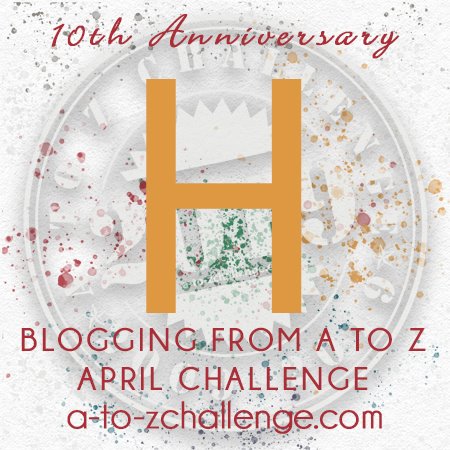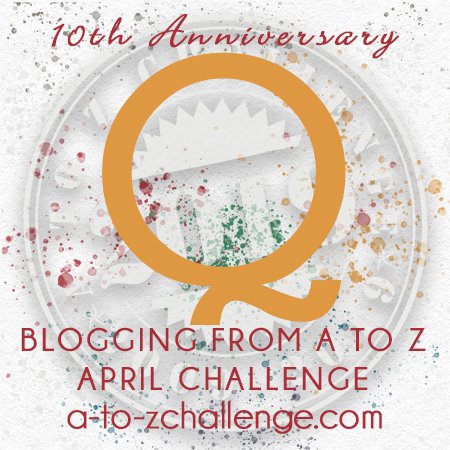
This is my 7th year participating in the A to Z Challenge. In the 2015 challenge, I wrote about the Cleages formerly enslaved on the plantations of Samuel and his sons Alexander and David Cleage of Athens, McMinn County, Tennessee. Most of the people in these posts are not related to me by blood or DNA, however my ancestors were enslaved on the same plantations with them.
Late last year, I ordered the Civil War Pension files of the Cleage men who served in 1st Regiment, United States Colored Heavy Artillery (USCHA), during that war. Through these files I learned that their lives were much richer and more complex than census, death and other records can show. I am using the information from pension files and records that I found through the pension files for this years challenge.
___________________
After posting the testimony given by Louis and Alfred Isbell saying they witnessed Susan Rice and Nelson Ragan married, I decided to look them up in the records. And this is what I found.
The plantation of Benjamin Isabel was near to both the plantations of James H. Reagan and William L. Rice in McMinn County. These are the presumed slave holders of Nelson Reagan, Susan Rice and Alfred and Louis Isabel. I have not found records linking them to these slave holders, but the ages on the 1850 and 1860 slave censuses point that way.
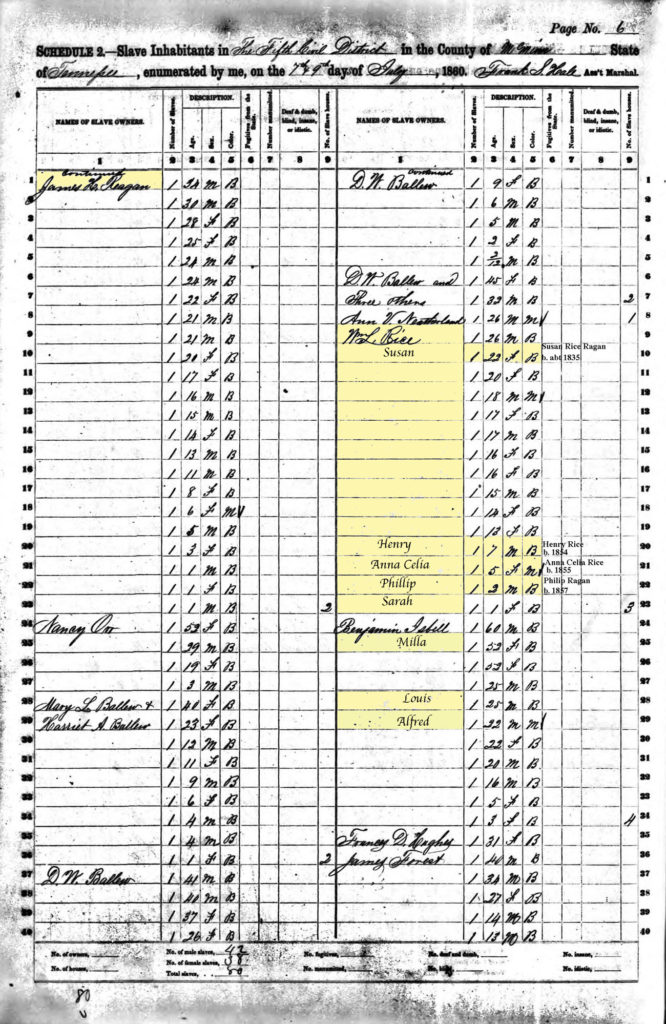
Their mother, Milla was born about 1810 in North Carolina. Louis and Alfred were both born in Tennessee in 1831 and 1838 respectively. Alfred Isbell married Leticia Rice in 1850 during slave times. She and her parents had been born in Virginia. Letcia gave birth to 16 children. By 1910, only three were still alive. Louis married Amanda and they had at least one son, John. None of them could read or write.
In 1870 the brother’s, their wives, young children and mother lived next door to each other in McMinn County. Louis owned real estate worth $400 and was a farmer. Alfred was farm labor and had no real estate. Both had personal worth of $200.
By 1880, Louis, Amanda and Milla were gone. John, now 13 was living with his uncle Alfred and was counted as one of their children. Alfred and John were working as laborers. John was able to read and was attending school. Nobody else in the house was literate.
In 1889 Louis was shot to death. Why? By whom? I have been unable to find the answers. Alfred was the administrator of his estate, but I do not know how it was disposed of. In 1900 his widow, Amanda, was an inmate at the McMinn County Infirmary. I do not know what her ailment was. She died befoe 1910.
In 1900, Alfred and his wife and son Henry lived next door to his nephew John and his wife. Both owned their homes. John was a preacher. Alfred was a farmer. Henry worked on the railroad and neither wife was working outside of the home. The younger people were all literate. Alfred and Leticia were not.
In 1910, Alfred, Leticia, son Henry and Henry’s wife Nellie and their son Austin were sharing a house and farming on land owned by Alfred. Like his Uncle Louis, Austin was shot to death. He was 17.
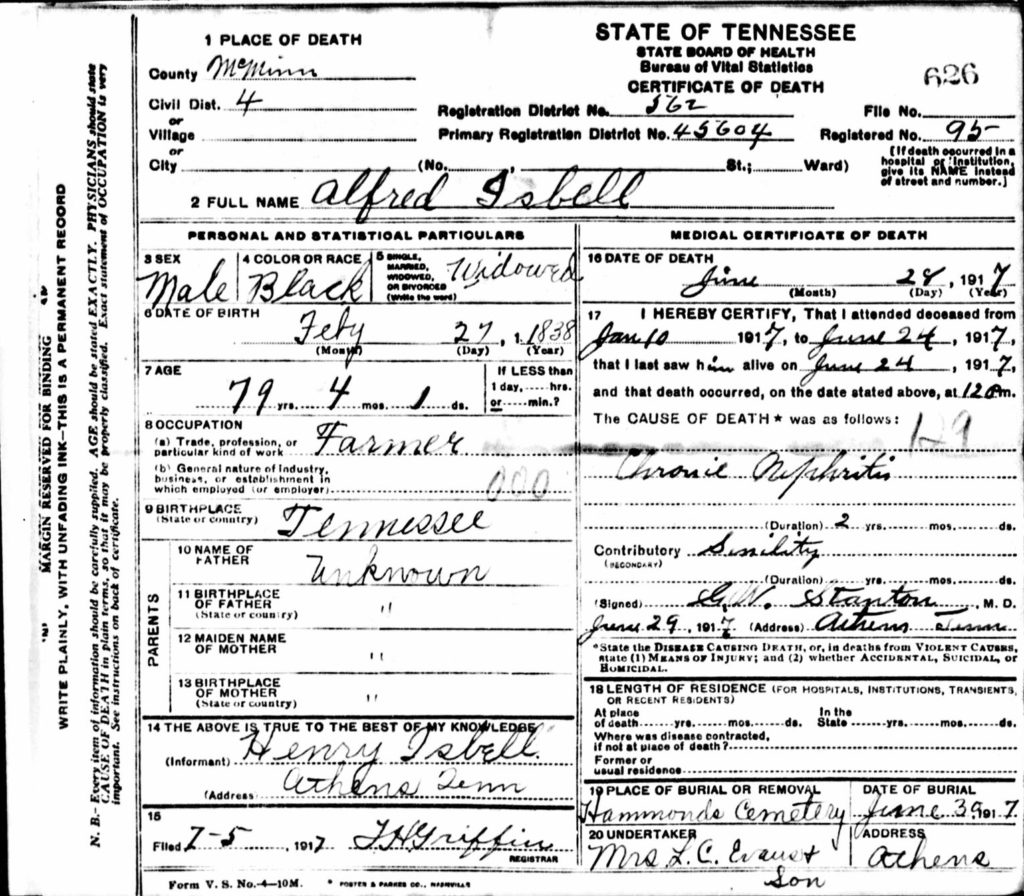
Alfred Isbel died at age 79 in McMinn County of Senility and Chronic Nephritis ( kidney failure). He was a farmer and a widower. His son Henry was the informant. He is buried in Hammond’s Cenetery, a black cemetery in Athens, McMinn, TN.
Statewide registration of deaths was not required until 1914. That is why I could not find death certificates for everyone. Sometimes there will be information about burial which can be very helpful in filling in the blanks.
********
I used censuses from 1860 to 1910, and death certificates for the information in this post. I found the records on Ancestry dot com and find-a-grave.
